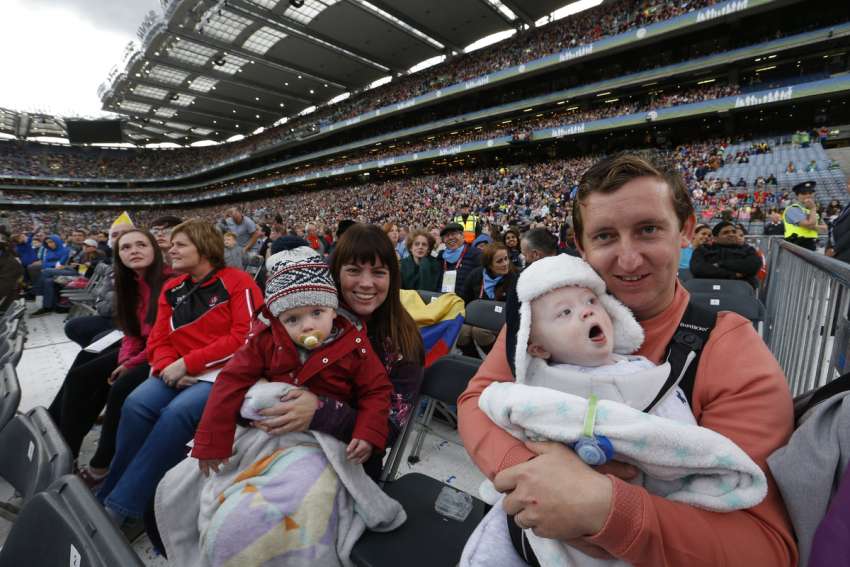But as the world’s Irish, part-Irish and would-be Irish celebrate St. Patrick’s Day this year, the outcome of two votes on the Republic’s constitution just before March 17 is cause for near-unanimous approval (no one should expect the snakes to raise their hands or applaud).
Proposed revisions to the Irish constitution would have eviscerated the reality of marriage and obliterated the role of women in the home. The former was rejected by 67 per cent of voters. The latter by 74 per cent. Even staunch feminist groups that campaigned successfully in 2018 for legalized abortion, and in 2015 for legalized same-sex marriage, publicly spurned the proposals. So did the social democratic party, Sinn Féin. Its leader, Mary Lou McDonald, derided the suggested changes as out of touch with public sentiment.
There is no wriggling out of that, as the cold voting numbers showed. The government of Taoiseach Leo Varadkar, which comprises a coalition of the Fine Gael, Fianna Fáil and Green parties, tried to position the amendments as simple modernization of Ireland’s constitution. That foundational law was adopted in 1937 by the Free State before Ireland became a fully independent Republic. Similar “get with the times” appeals proved effective in the same-sex and abortion votes.
The resonance was not without reason. The 1937 constitution was proclaimed by then Prime Minister Éamon de Valera, but it was effectively drafted by Catholic clergy. Its preamble was the give-away. Its clauses were crafted in “the Name of the Most Holy Trinity, from Whom is all authority.” It committed Irish citizens to “Humbly acknowledging all our obligations to our Divine Lord, Jesus Christ, Who sustained our fathers through centuries of trial….”
The language strongly echoed the Proclamation of the failed 1916 Easter rebellion, in which de Valera played a brave leadership role, and from which he narrowly escaped execution because he was American born. For Catholics of a theocratic bent, as de Valera fervently was, it sounds like a consummation devoutly to be wished. For the rest of the population, including Catholics who see politics and the Faith as complementary but not conjoined at the hip, Irish constitutional evolution was essential over the decades.
What the votes on March 8 indisputably demonstrated is that evolution is not perpetual revolution. We are not on this earth to be driven “forward” willy-nilly by self-proclaimed “progressives” who see society as a vast experiment for satisfying the new-fangled devices and desires of their own hearts. In the immortal words of William F. Buckley, there comes a time when we, as citizens, must “stand athwart history and yell ‘Stop.’”
That is what the people of the Republic of Ireland did in the March 8 vote. Much more, they reminded all of us, Irish, part-Irish, would-be Irish or none of the above, that it is perfectly legitimate in free and democratic societies to vote down mere fashionable ideas that would overturn natural human structures and obligations. Indeed, it is one of our primary duties.
As Dublin Archbishop Dermot Farrell put it in his counsel to voters ahead of the referendum (see Verbatim opposite), our duty includes reinforcing the “moral obligation (of) governments and public policy to protect the institution of marriage, to support vulnerable citizens and their families, and (sustain) a continuing focus on the common good.” Such a duty, Farrell concluded, opens the opportunity to act politically within “the values of the Catholic tradition,” that is, to carry the “authority of the Holy Trinity” in our hearts without losing the argument in the public square. St. Patrick did not need to drive the mythological snakes out of Ireland to still be celebrated 1,524 years later. He simply became an Apostle to the tiny island that sent its monks and priests across the globe. He taught us to stand in our place and stand for our Faith, and thereby to evangelize the world, as the people of the Republic of Ireland did. Sláinte!


